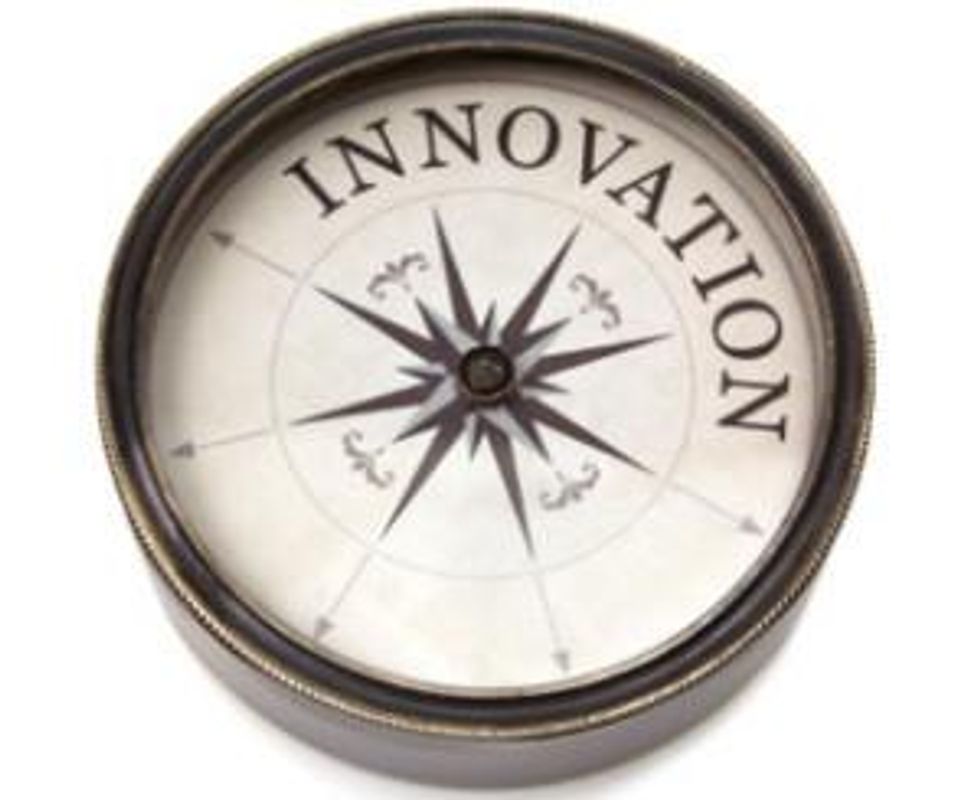Chris Hilliard of MagPower Systems: Varied Applications for Magnesium Batteries
Chris Hilliard, chairman and managing director of MagPower Systems, talked about the various applications for magnesium batteries and shared his thoughts regarding whether the batteries could ever have a future within the electric vehicle market.
Hilliard stated that MagPower’s initial focus was mainly on disaster response, but outlined several other uses for the companies magnesium batteries, which included everything from toys to military applications.
“Fundamentally, when you ask ‘the question what other applications?’ just remember this, its a battery,” he said, stating that a major part of MagPower’s business plan is to attract attention from manufacturing partners in various industries and “design a battery system to fit inside their device.” Below, Hilliard talks about some ways in which MagPower’s battery could be used, as well as what the future might hold for magnesium batteries in general.
Marine
“Our battery uses salt water, so marine applications just make an awful lot of sense,” Hilliard said. “For example, if you consider lifeboats, a vessel that arrives at a port anywhere in Europe is required by law to have independent power supplies on its lifeboats. Now, those power supplies are one of two things – they’re either small generators which burn gas or diesel, or they are lead acid batteries which are charged from the main ship.”
“In both cases you have maintenance issues. In the case of a generator you have toxicity issues because its producing fumes, and in terms of maintenance, you’ve got to keep the gas lane or the diesel fresh. If it’s a lead acid battery, you have to be concerned about cycle counts and making sure that the battery is fresh enough to actually hold a charge.”
“In our system, because the battery has an indefinite shelf life, it can exist for 100 years without ever going dead. Simply put, there aren’t any other batteries that can make that claim. If a lifeboat was to flip over, salt water would enter our cell and the system would simply turn on. So again, from a marine applications perspective, the proximity to salt water provides for all sorts of different possible systems.”
Hilliard also stressed, “to be clear, although we have powered a boat, our preference is to be used in emergency situations, lighting situations and recharging situations. For example, if you had a unit in a lifeboat you’d be able to use that to recharge your phone, you’d be able to produce light for the lifeboat. We wouldn’t necessarily want to use it for full power for a large lifeboat, but its possible.”
Military
“Once again, our system has a better power-to-weight ratio than even a lithium ion system. So in theory, you create higher energy than for less weight, and in the world of soldiers, weight is a big deal.” Hilliard explained, “the average U.S. soldier has 34 pounds of gear on his person at any given point in time, so if you can reduce that by a couple of pounds, the military views that quite simply as a way to save lives. Someone who’s lighter is more mobile, and therefore more able to get themselves out of trouble. There are plenty of military applications.”
Automotive
“Automotive is again a challenging situation for us,” said Hilliard. He noted the disparity in research funding between the magnesium and lithium electric vehicle battery spaces, pointed out that “we’ve spent about $7.5 million, but the lithium system has had billions of dollars spent on it over the last 25 years to get it to where it is.
“We’ve got a lot of work to do prior to being able to make an entry in the automotive sphere,” he admitted. “We’ve had ongoing conversations with the likes of general motors and Ford, who were interested because again, our energy density is higher than lithium. So in some sense, we’re intriguing.”
However, he also stated, “Our power density, which is different than energy density, is not as high as lithium. Power matters if you’re going to move something, so that’s still a disadvantage of the system. Having said that, if we’d had billions of dollars spent on our technology rather than just millions, we might be a little further ahead in that regard.”
When asked whether he thought that magnesium batteries could be part of Tesla’s future, in light of the electric vehicle company’s plans to build a lithium ion battery gigafactory, Hilliard said that, ” if you read through Tesla’s website in detail, it talks about a relationship with an aluminum air battery company, and they are also looking at magnesium systems.
“Any time you look up ‘metal air’, again, you’ll have aluminum, you’ll have zinc, and you’ll have magnesium. Tesla and the automotive industry are absolutely looking at both magnesium and aluminum. There are a bunch of different reasons for it, but one of the simplest comes back to my earlier comment about weight. Magnesium is lighter than aluminum, so any time you can use a bit more magnesium and a bit less aluminum in a system, you reduce weight, and if you reduce weight in a car especially, its a big deal.”
Disaster response
“Disaster response is really where our initial focus is. And again, that’s given the unique characteristics of a battery that doesn’t have a shelf life. Without that shelf life problem, you have the ability to have these things sitting on a shelf in a school, a firehall or a hospital, or in a container for distribution at a government warehouse. The minute that people need a supply of power, they can get it.
“Whether it’s because of a Hurricane Katrina or a Hurricane Sandy, in both of those cases, saltwater was plentiful and electricity was not. We could provide that, and all people would have to do would be to simply to pour the salt water into our system and they would have power for lighting, charging their cell phone, etc..”
As a side benefit that could be important in disaster situations, Hilliard noted, “the system itself actually does generate heat. Not hot, but lets say it’s 40 degrees. It creates some significant warmth, so from the perspective of an individual user, that might be quite important, depending on the situation.”
Certainly, magnesium based batteries would have plenty of applications at market. Hilliard was clear that there needs to be more funding and research into magnesium batteries for applications such as electric vehicles. However, it will be interesting to see in the future which companies MagPower might generate interest from.
Securities Disclosure: I, Teresa Matich, hold no investment interest in any companies mentioned.
Editorial Disclosure: Interviews conducted by the Investing News Network are edited for clarity. The Investing News Network does not guarantee the accuracy or thoroughness of the information reported. The opinions expressed in these interviews do not reflect the opinions of the Investing News Network and do not constitute investment advice. All readers are encouraged to perform their own due diligence.
Related reading:
Chris Hilliard of MagPower Systems Talks Innovative Battery Technologies

